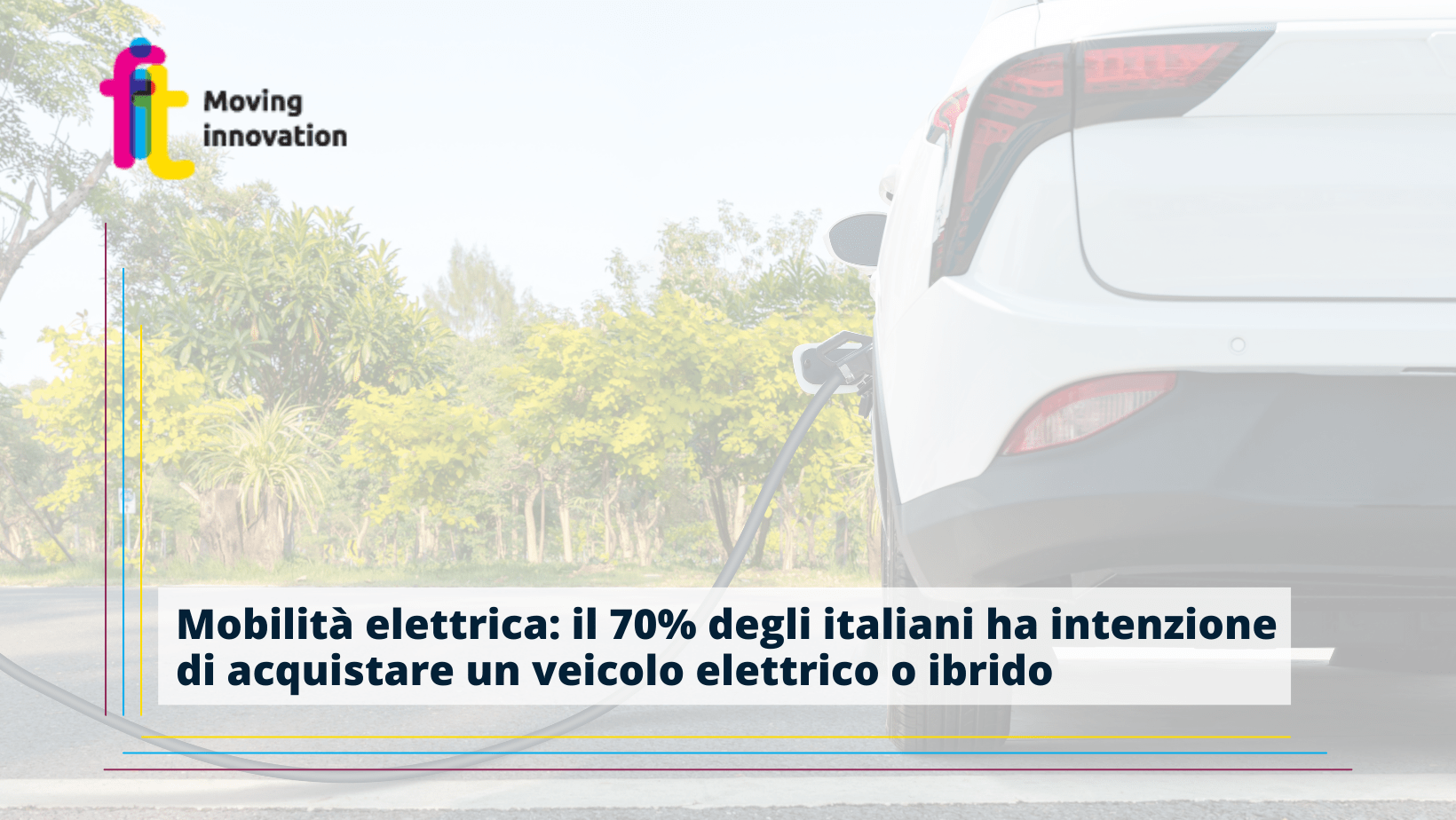70% of Italians intend to buy an electric or hybrid vehicle, putting them in second place behind China – where the percentage reaches 75% – and ahead of Norway (67%), Sweden and Japan (64%).
This was revealed by the latest EY Mobility Consumer Index 2023, an annual study conducted by EY on 20 countries, including Italy, with more than 15,000 respondents, which showed that 55% of those who intend to buy a vehicle worldwide will buy an electric or hybrid one.
Italian landscape: new mobility behaviour and habits
Post-pandemic habits and in particular smart working have had a strong impact on the mobility habits of Italians. In fact, the use of personal cars has grown significantly compared to last year, registering +10%.while witnessing the continued decline in the use of public transport (significantly lower than the global average 29% versus 41%), as well as the opportunities offered by shared mobility and car sharing with -10% and -6% respectively. Anche la cosiddetta micro-mobility (bicycles and scooters) recorded a -3% decrease compared to last year’s figures, while the use of two-wheeled motor vehicles (motorbikes, mopeds, etc.) for travel for work or study purposes increased by 5%.
Propensity to buy a new car: the role of electrics
Looking at the propensity to purchase electrified vehicles (BEVs, PHEVs or HYBRIDs), in Italy, a stable figure is observed in 2023 compared to the previous year (70% against 73% last year) of the intentions to purchase such vehicles in the next 24 months, but the average remains well above that of the other countries surveyed (55%) excluding only China at 75%.
Why Italians are willing to buy an electric car
Among the main reasons behind the purchase of BEVs in the country, for the first time the economic factor, i.e. rising fuel prices, is in the lead with 40 per cent while environmental sustainability issues ranked second with 38%. along with monetary incentives and subsidies. Despite these percentages testifying to a strong propensity to buy electric, market data since January still show a gap in the reality of these intentions (the share of registered BEVs from January 2023 to July 2023 was only about 3.9 per cent).
The limits to the development of electric mobility
Among the reasons limiting the uptake of electric power, the perception of an inadequate charging infrastructure for one’s own needs persists (40% of respondents cited this as a deterrent factor to switching to electric). The purchase cost factor of the car is now in fact less impactful in the transition to the 100% electric world (42%) than two years ago (it was close to 60%) thanks to the expected purchase subsidies and the progressive drop in purchase prices, as the third factor indicated by consumers and the range of autonomy is still a critical point perceived by customers (around 30%).
Source: TTS Italy









